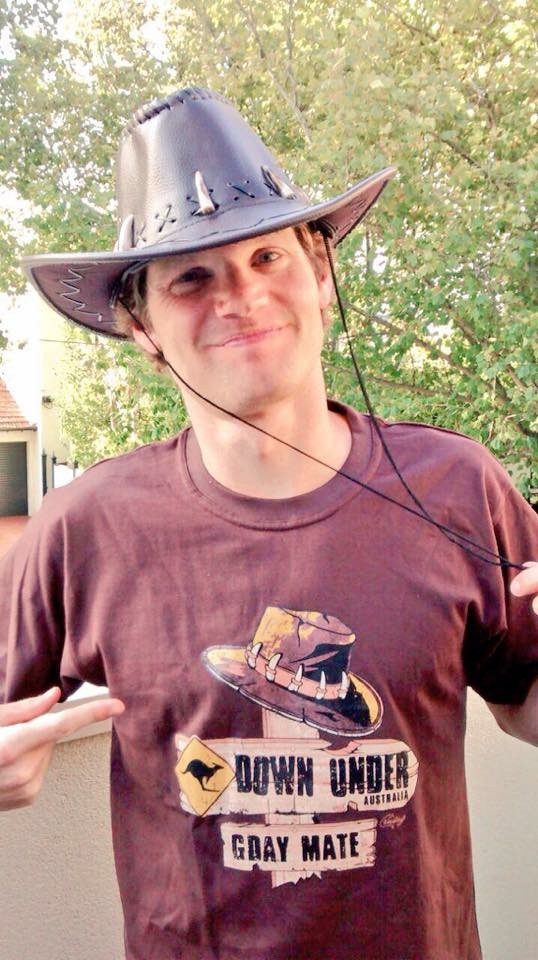How to get over a bad race


When you dream big, you are guaranteed to fall short every once in a while. Bad races happen to everyone. It is part of what makes our sport awesome. The quicker you can learn from the experience and move on, the better off you will be.
Be upset for a few days
It is perfectly normal to feel like garbage when a race doesn’t go as planned. Take a few days to express this emotion. Embrace the hurt as soon as you can so you can quickly get over it and move on. You will probably be a little more irritable and cranky than normal. The most important thing to remember over these days is to be extra nice to you friends and significant others. Try not to take it out on them – they become easy targets so it’s important to be mindful of this. Just because you are feeling awful doesn’t mean they have to as well. And besides, they are probably hurting just as much as you are since they’ve watched you put the hard work into one day. Make sure to communicate with them. During this time I carry around my race number.
Accept that good races and bad races are part of the sport
Every athlete is going to have races that go unexpectedly well and unexpectedly bad. Stay positive and confident in the consistency you have had. Do not make any radical changes to your season plan just because of one bad day or really good day.
Learn from it
Bad races always happen for a reason. If you take the time to learn from them, then even your worst race will be a success in the long term. Really look into why did the race go poorly. Andre Kajlich (para-athlete/triathlete/ultra-adventurer/world champion/total inspiration) once told me to write down 10 things I could have done better. It will probably be easy to come up with three or four things, but by forcing yourself to come up with 10 you will dig deep to find the little things that can make race day a success. The list of 10 things will also serve as a blue print for how to improve once you get back into training. Also try to write up a list of 10 things that went well: race week prep, travel, warm up etc.
Don’t train angry
In my experience training angry leads to a few awesome sessions followed by a ton of crappy sessions. Whether that comes from burnout, illness out injury, training extra hard usually comes back to haunt you. Emotional training feels good but is never optimal. Let go of your emotions as soon as possible so you can shift from training angry to training optimally.
Throw out your race number
If I have a good race I leave my race number on my race belt so that the next time I am getting ready to race I will see it and get a confidence boost. If I have a bad race I take the number off as soon as I can. Throwing it out immediately is good but carrying it around with you is better. After a bad race I carry my number around with me in my pocket while I am in the “feel like garbage” stage. Only when I have reviewed and learned from my bad race experience do I rip the number up and throw it out. It’s a great way to reinforce that moment of moving on to better things.
Find your next race
It is always better to look forward than to look back. By looking forward to your next planned race or picking another race, you can shift your thinking from “how bad my last race was” to “how awesome my next race will be”. You put yourself on a path to building confidence and positive energy. One huge benefit of having a bad race is that it is easy for the next race to be an improvement!
Bonus Tip: Let your frustration out
So this really worked for me. After Ironman Canada I went on an amusement park ride called the Scrambler. The scrambler whips you around in a dark shed while Bruno Mars’ “Uptown Funk” is blaring from the speakers. It was the perfect place to let out my pent up frustration with screams and maniacal laughter. It felt amazing! Other socially acceptable places to lose your mind: concerts and sporting events.
